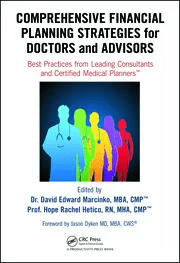Call for Manuscripts, Articles, Essays, Comments or Opinions,
Dear Medical and Financial Services Colleagues, Health Economists, CPAs, JDs, Insurance Agents and Consultants
The Medical Executive-Post (ME-P), supported by iMBA Inc., with (ISSN 13: 978-1-4665-5873-1] is currently accepting manuscripts for publication.
The ME-P is an open access, multidisciplinary, international, blind peer-reviewed and non-peer-reviewed electronic forum which publishes high-quality solicited and unsolicited research, commentary, opinions, curated news and review articles in English, in all areas of Physician Focused Financial Planning, health economics, finance, accounting, medical practice management, health law, IT, policy and administration.
We have over 50 topic channels.
***
LEARN MORE: https://medicalexecutivepost.com/2014/11/02/open-call-for-me-p-contributors/
THANK YOU
***
***
COMMENTS APPRECIATED
Thank You
****
Filed under: Alerts Sign-Up, iMBA, Inc., Interviews, Marketing & Advertising, Research & Development, Sponsors | Tagged: contributors, DAILY UPDATE: Open Call for New ME-P Contributors, ME-P, open call | Leave a comment »


















